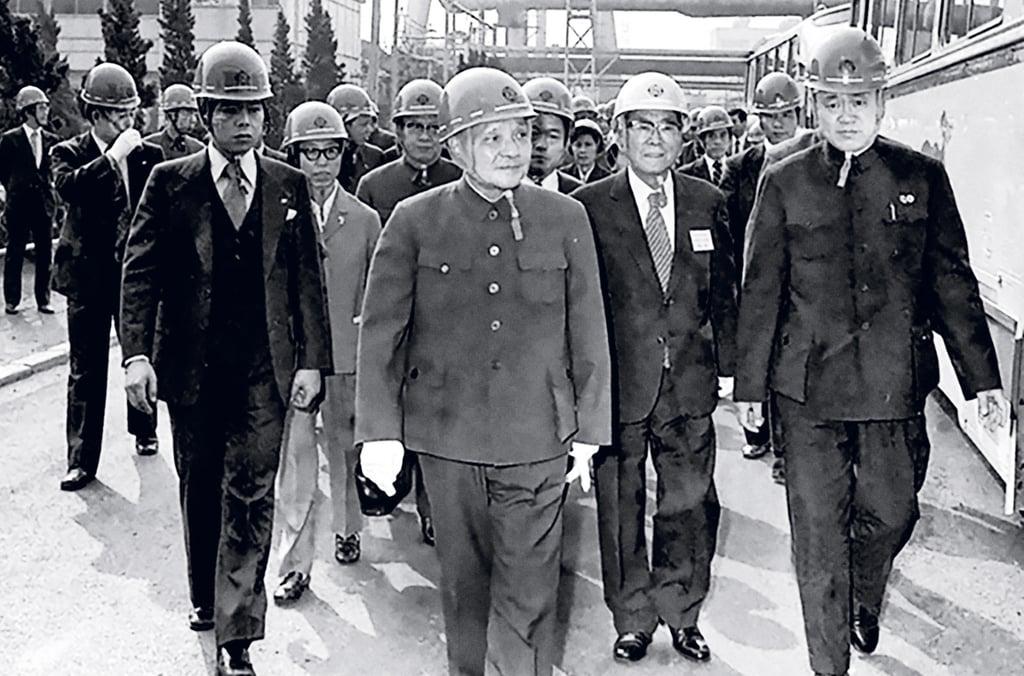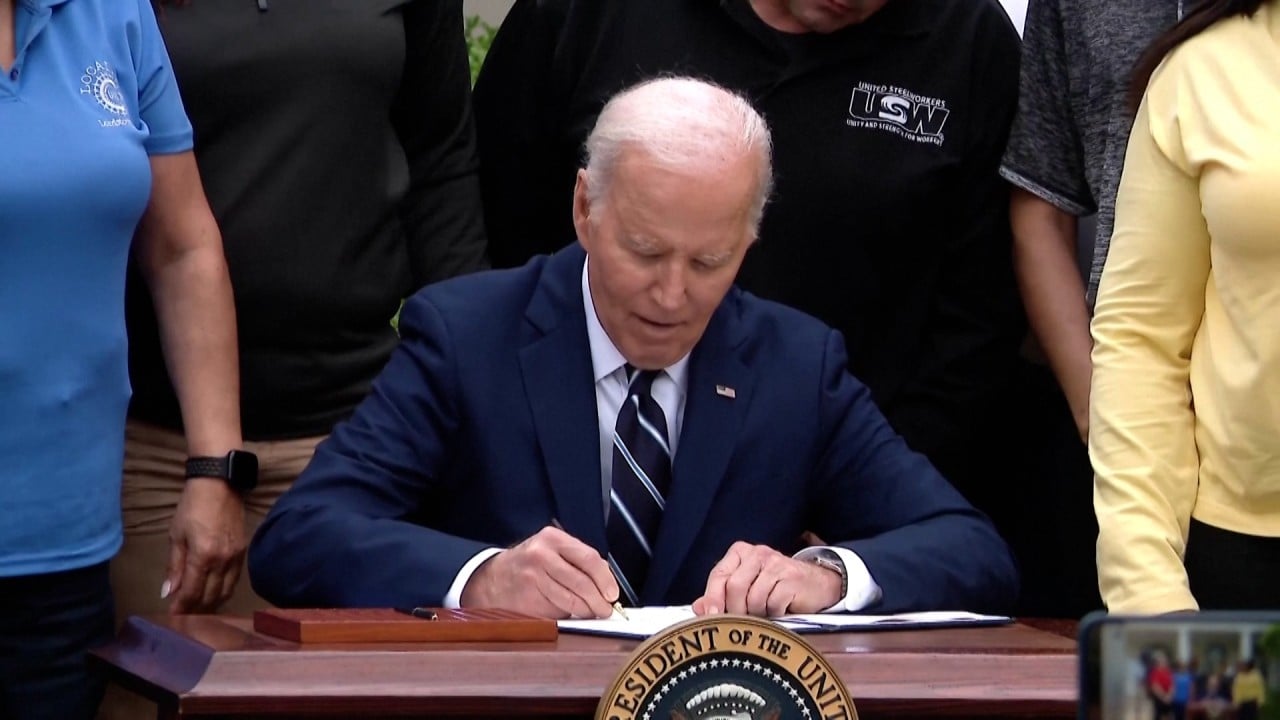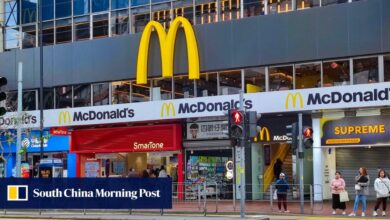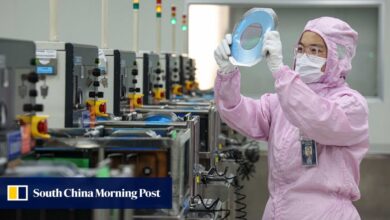How China and Japan’s brotherhood of steel – forged by Deng Xiaoping – ultimately corroded

Symbolic of this seismic shift, the Japanese metals giant Nippon Steel – citing those dwindling sales figures – has announced the end of its 20-year joint venture with Baosteel, the Shanghai-based state steelmaker.
At the venture’s start, China’s steelmakers received substantial technical assistance. Decades later, the country has grown into the world’s largest steel producer; once reliant on foreign technology and expertise to develop its indigenous industries, it is now charting its own path and expanding overseas.

Most projects in the early reform era were joint ventures, which shortened the time needed for China to advance up the value chain – and, in the long run, diminished its need for overseas investment and know-how.
One of the most pivotal moments of the trip, featured in reports and documentaries about the visit from both countries, was his tour of Japanese steel plants. These set the tone for China’s economic transformation, as at that time steel was seen as a bedrock sector, particularly where manufacturing was concerned.
Notably, his time at Nippon Steel’s Kimitsu plant ignited an ambition to replicate the company’s success, setting the stage for the birth of Baosteel and laying a foundation for bilateral ties.
Amid a wave of initiatives intended to open up China’s vast market to the outside world, a large-scale steel production complex was built that would eventually become Baosteel. It was the country’s first integrated steel plant to be established in a coastal city.
The Nippon Steel break-up shows China and Japan’s economic relationship has shifted from that of a student and teacher to one on more equal or competitive footing, said researcher Zhao Zhijiang of Anbound, a Beijing-based public policy consultancy.
“Previously, Japanese companies entered the Chinese market to reap profits, while China learned new technologies and enhanced its production capabilities,” he said.
“Chinese carmakers are now highly formidable, and capable of iterative innovation. Japanese carmakers, on the other hand, have been slow to respond to growth in the EV market, resulting in poor performance in China. Faced with numerous competitors, their withdrawal can be seen as a natural metabolic process.”
In the first half of this year, Japan’s top three car manufacturers – Toyota, Nissan and Honda – sold only 1.54 million vehicles in China in total, a 13 per cent decline from the previous year and the third consecutive year where sales have decreased.
Meanwhile, according to the China Association of Automobile Manufacturers, domestic car brands saw a slight year-on-year sales increase over the same period, with Chinese models capturing over 60 per cent of market share.
“As the top national leader, [during his visit] Deng prioritised economic development while setting aside territorial and historical disputes with Japan,” said Guo Hai, a researcher at the Institute of Public Policy at the South China University of Technology.
This strategy stabilised expectations from various domestic interest groups and factions as they related to the central government, laying the political foundation for China’s reform, he added.
“However, given the current tense geopolitical relationship between China and the United States, it is difficult to foresee more cooperation between China and Japan in the hi-tech sector.”
Despite the impending separation – the joint venture will formally expire on August 29 – Nippon Steel will maintain a presence in China, keeping up an annual production capacity of about one million tonnes. This includes a joint venture with China Baowu Group subsidiary Wuhan Iron and Steel, manufacturing tin-plate for food cans and other products.
In its first-quarter performance briefing for 2024, Baosteel reported that it is targeting overseas markets in the Middle East, Southeast Asia and Europe. The company is actively pursuing international orders and has established international offices to support these endeavours.
Saudi Aramco and the Public Investment Fund – the Saudi sovereign wealth fund – will contribute an equal amount to the remaining share.
It is simply a matter of when, not if, they will leave
“Over the past 40 years, China has emerged as a force in industries such as steel and automobiles, which are indicators of industrialisation levels. This shift demonstrates that China’s manufacturing is evolving from expansion to strength,” said Peng Peng, executive chairman of the Guangdong Society of Reform think tank.
“Facing fear and suppression from Western countries, ‘going global’ has become inevitable for Chinese enterprises. At a time when anti-globalisation sentiment is on the rise, the expansion of Chinese manufacturing supports the continuation of globalisation.”
In an era where geopolitics dominate everything, said Anbound’s Zhao, the forces driving foreign investment and the Chinese market apart have become a core issue.
“It is simply a matter of when, not if, they will leave,” he said. “Previously, the decision to stay or leave was driven by the market, which offered numerous possibilities and opportunities.
“However, as political factors become paramount and the increasing complexity of security measures have left foreign companies feeling disoriented, it naturally follows that foreign investors choose to depart.”
Source link




